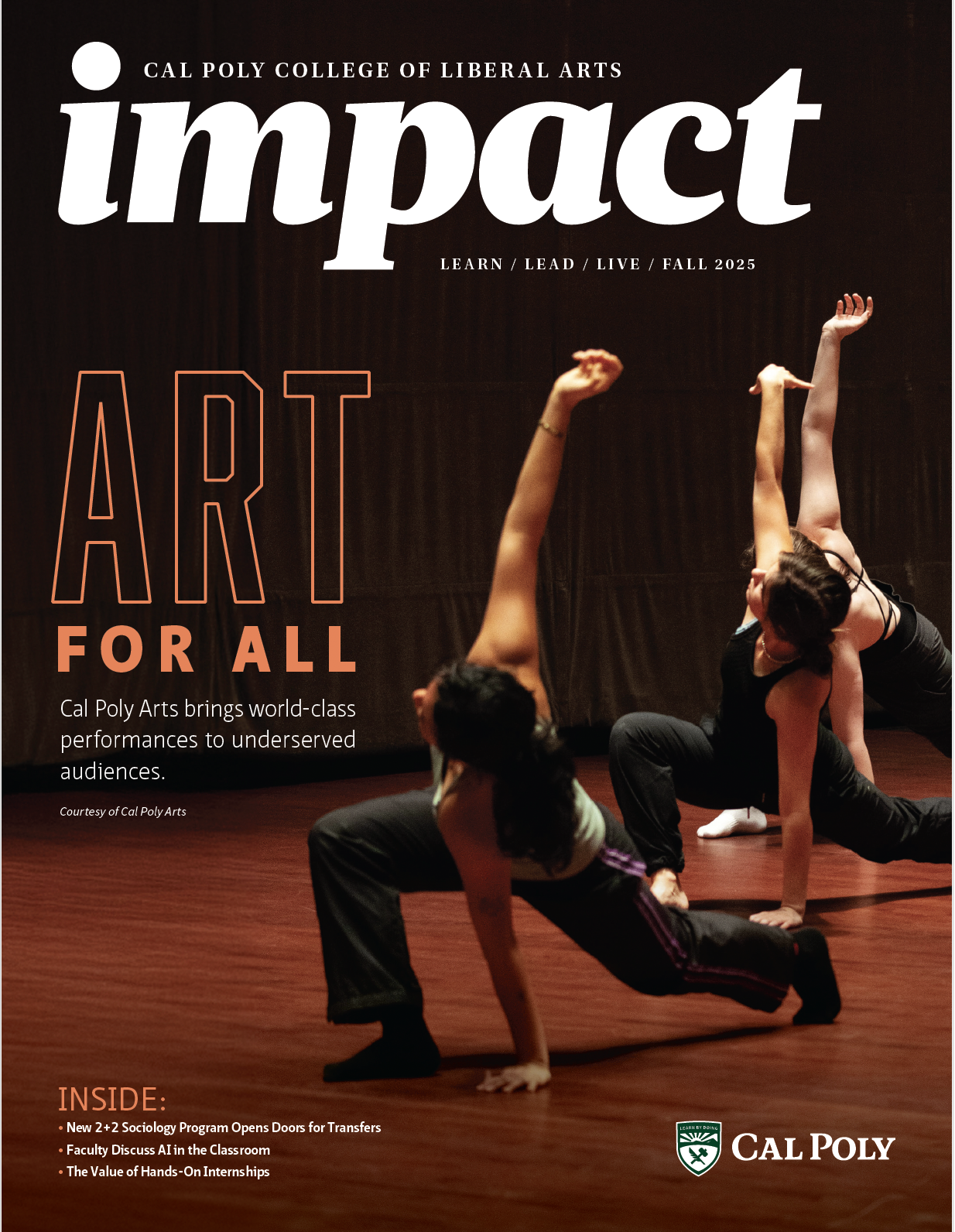Two CLA Professors Receive National Science Foundation Grant to Assess the Profession of Ethical Technology

English Professor Deb Donig, left, and Interdisciplinary
Studies Professor Matt Harsh, right.
By Nicole Troy
Two CLA professors are spearheading a project funded by a National Science Foundation grant to research the recent “techlash” phenomenon — a growing negative feeling towards big technology and new technological innovation — as it relates to ethics and the future of work. In response to this techlash, new jobs in “ethical technology” are being created by tech companies to respond to consumers’ increasing distrust and new ethical challenges. However, there is no educational framework to prepare individuals to enter this new field.
Assistant Professor of English Deb Donig and Associate Professor of Interdisciplinary Studies in Liberal Arts Matt Harsh are the principal and co-principal investigators, respectively, for their research project titled, “Assessing the profession of ethical technology for the future of tech work.”
“The real hypothesis behind [the grant] had to do with noticing, number one, the growing number of jobs at the ethical technology intersection and that this is a new profession,” Donig said. “Hypothesis number two was that we really don't know what these jobs are meant to do, or how people should be trained to do them. So, what we should study, on a macro level, is what are these jobs, what are the overarching set of expectations or ideas behind these jobs, and how can we create a program of study that might be commensurate to that?”
To answer these questions, Donig and Harsh, alongside a dedicated team of faculty, students and an outside consultant, are tackling these hypotheses in four parts. First, the team is exploring what ethical technology is as a profession and assessing the function of ethical technologists in the workplace. Second, the team is using data scraping to identify and compile key terms in job listings across the internet. Third, the team is interviewing stakeholders from the private, public and educational sectors, including hiring managers and notable technology critics, to get their perspective on the ethical technology profession. Finally, the team will work to support and develop an interdisciplinary class piloting educational strategies to build a pipeline of graduates who are ready for ethical technology roles such as “ethics officer,” “ethical hacker,” and “data ethics and integrity coordinator.”
“The interdisciplinary team is really important because all of these questions cannot be answered by one discipline alone,” Harsh said. “This is really a team effort. We have some phenomenal students of all disciplines, many of whom were involved with the Strategic Research Initiative, which led to the grant application and are now involved in the grant itself.”
Cal Poly faculty and students involved in research with the Ethical Tech @ Cal Poly Initiative and parts of the grant include David Askay (communication studies), Bruce DeBruhl (computer science), Hunter Glanz (statistics), Paul Jurasin (Dx Hub), Martine Lappé (sociology), Ava Wright (philosophy) and students Carson Craft, Daniela Flores, Jake Garner, Genevieve Kessler, Jaxon Silva, Lauren Tankeh and George Terterian. Outside expert consultant and Berggruen Fellow Yaël Eisenstat rounds out the team with her nearly two decades of experience in national security and global affairs as a CIA officer, diplomat and White House advisor.
The team, led by Donig, is ultimately studying this topic with the goal of teaching individuals to “think differently” since technology ethics is a profession not guided by laws.
“Ethics is a decision in the absence of a rule telling us what we ought to do,” Donig said. “Technology doesn’t have laws — so we have ethics, and the system will override ethicists every time. What I can do is teach people to think differently.”
In a profession where rules are absent, Donig says her answer to the lack of guidance is to constantly ask, “where can I reduce harm?”
“The difference that I can make is educating the next generation of technologists to think differently and to mobilize the next generation of humanists to be able to go into the tech industry and make change from the inside out. And to, given this new profession, help cultivate it in the way that I think I am equipped to do to make the difference that I can make,” Donig said.
Harm reduction also comes in the form of investigating the topic of ethical technology through a lens of diversity, equity and inclusion.
“Diversity, equity and inclusion — I mean, that is the reason for this initiative,” Harsh said. “One way of thinking about it is ‘Who gets to be a technologist? People from what kind of race, gender or even geographical location?’ Then there are all of the issues once a technology is made –– certain people benefit, and certain people don't. There are a lot of different tradeoffs to understand.”
The team began their comprehensive research in October 2021 and will wrap up their efforts this coming fall. Harsh says the team hopes to apply for a second NSF grant later this year to further their research.
Learn more about the Ethical Tech @ Cal Poly Initiative.

